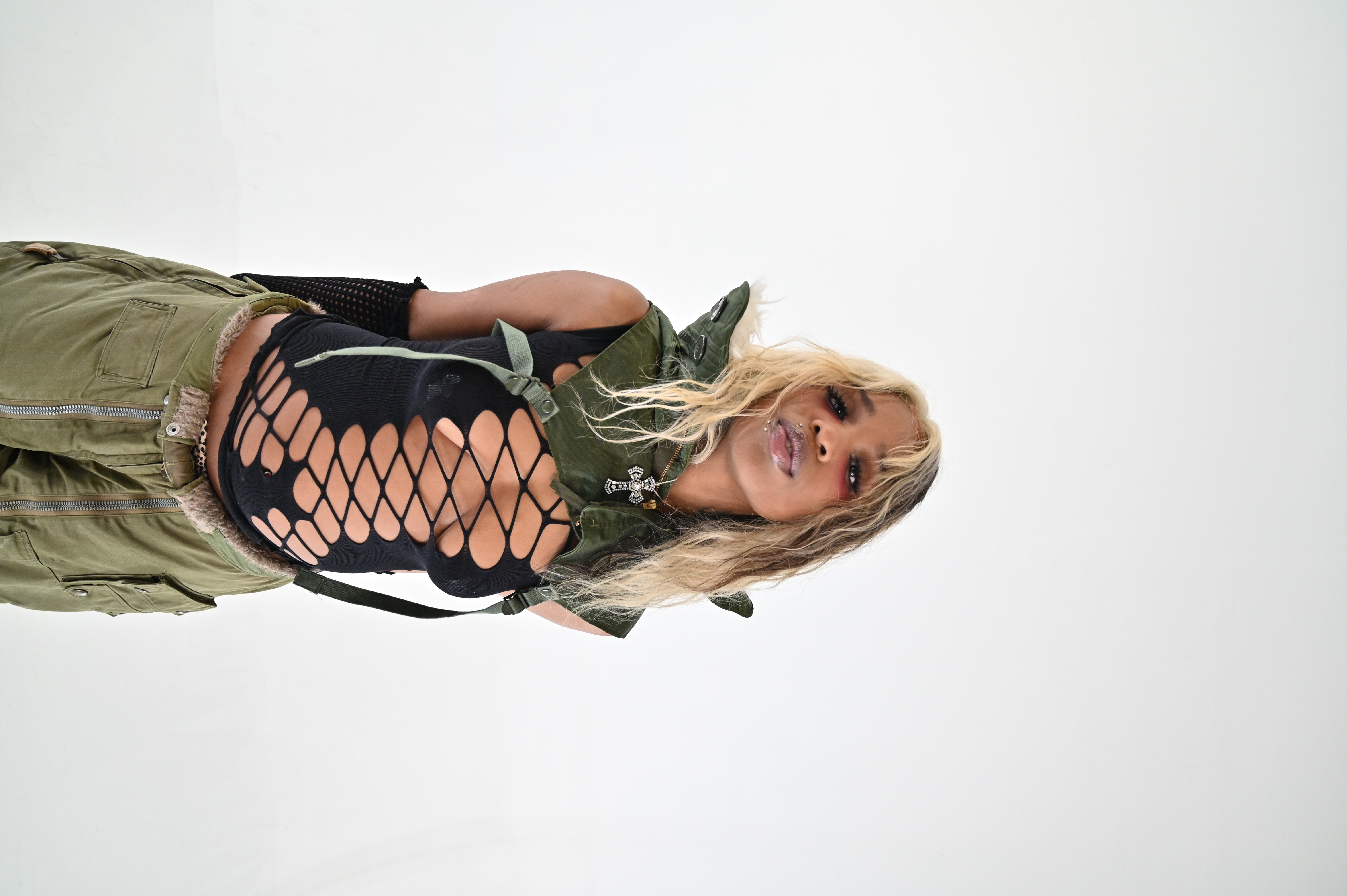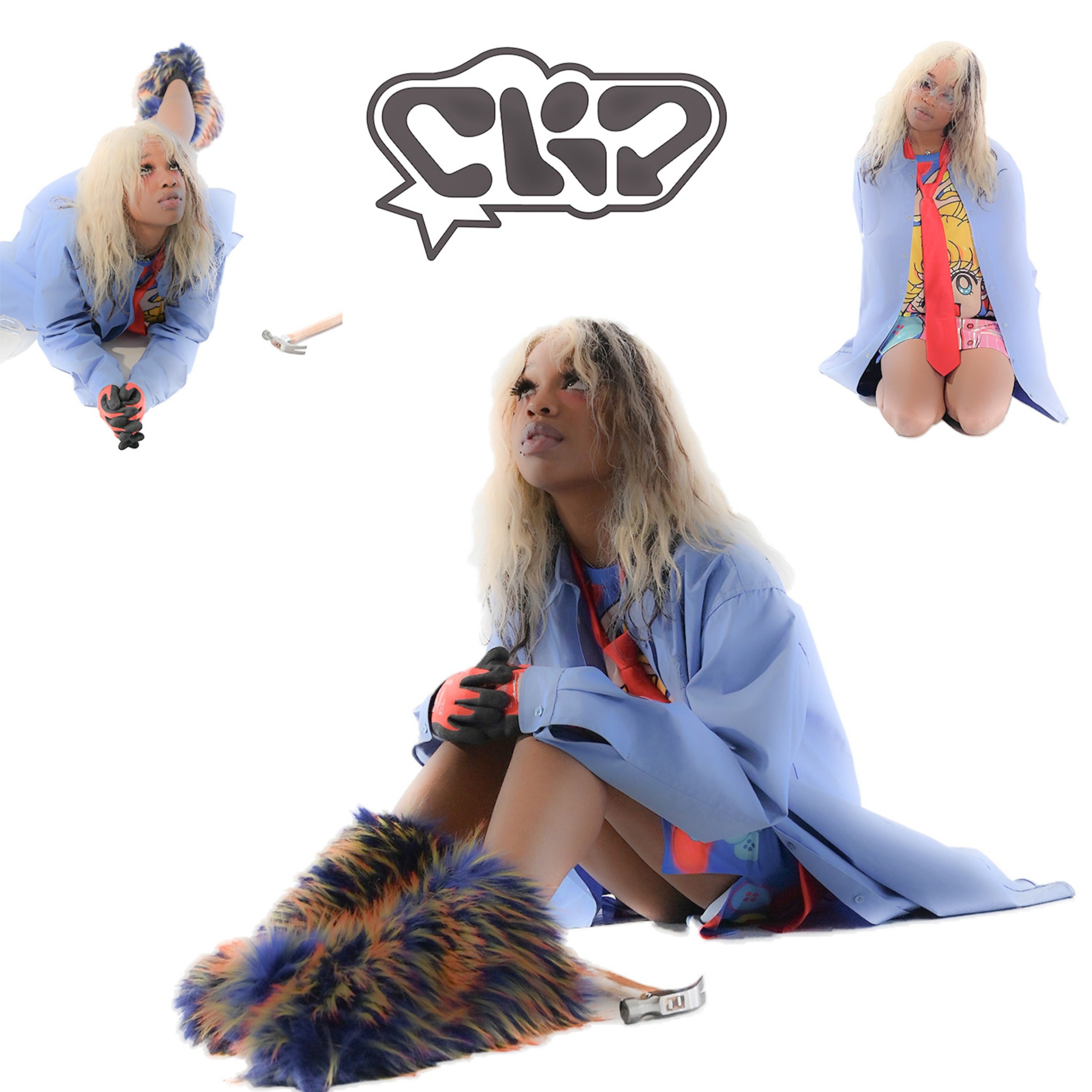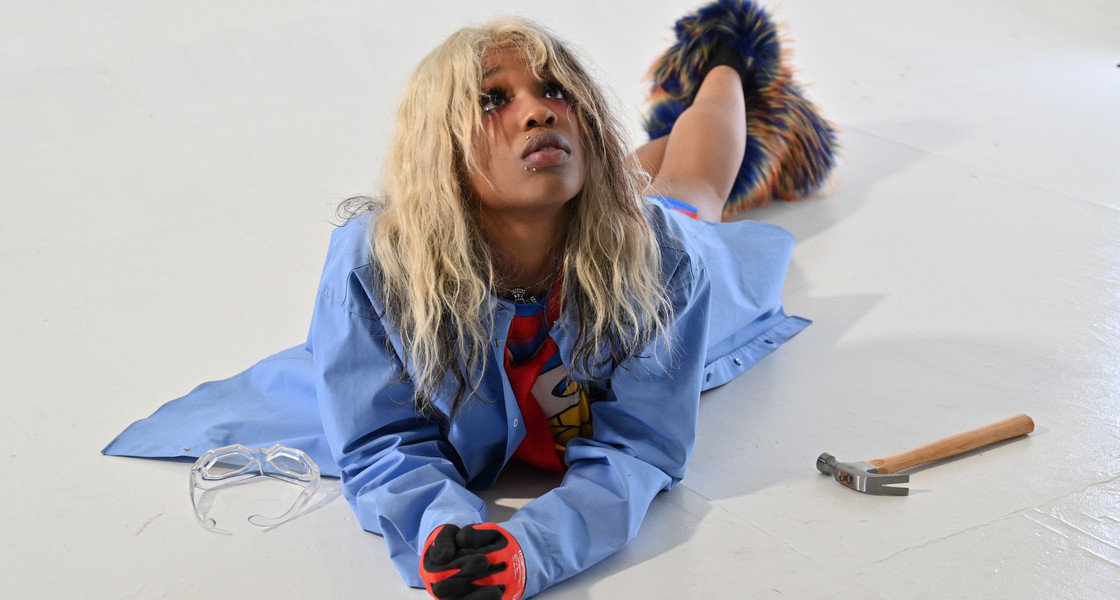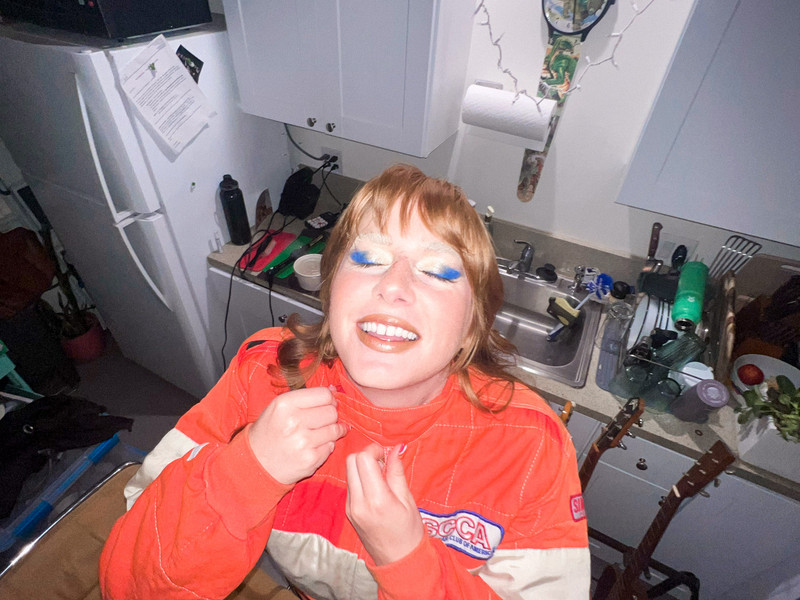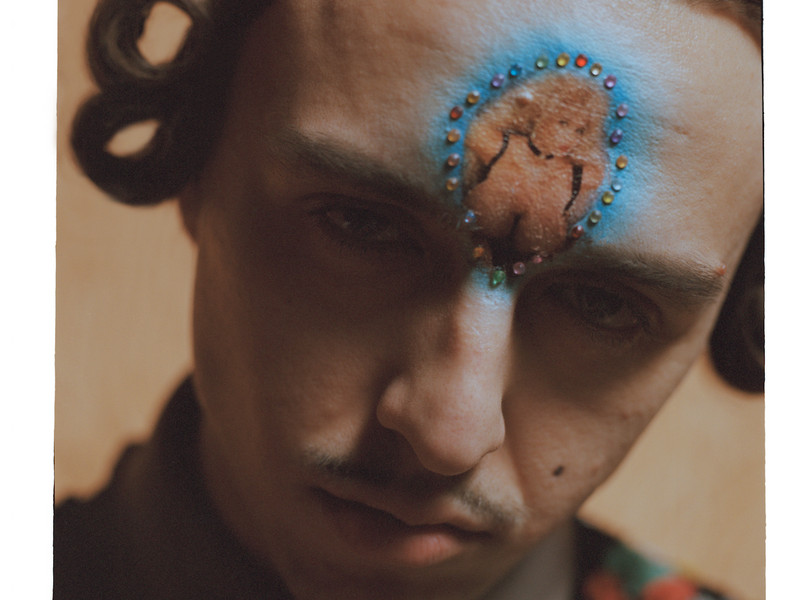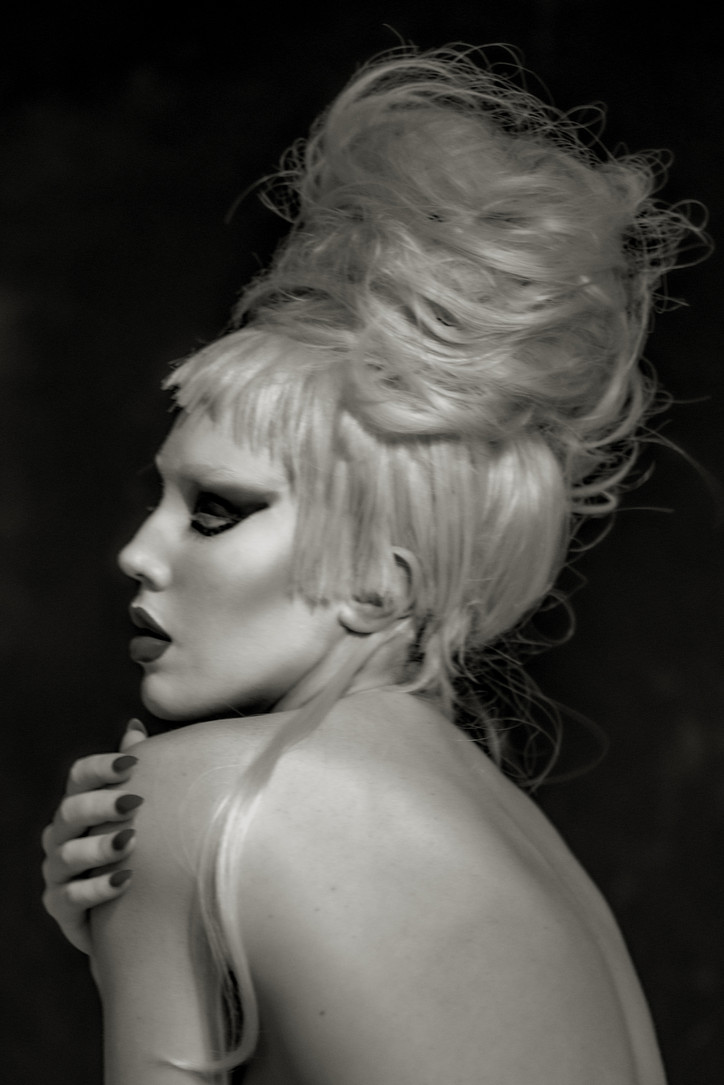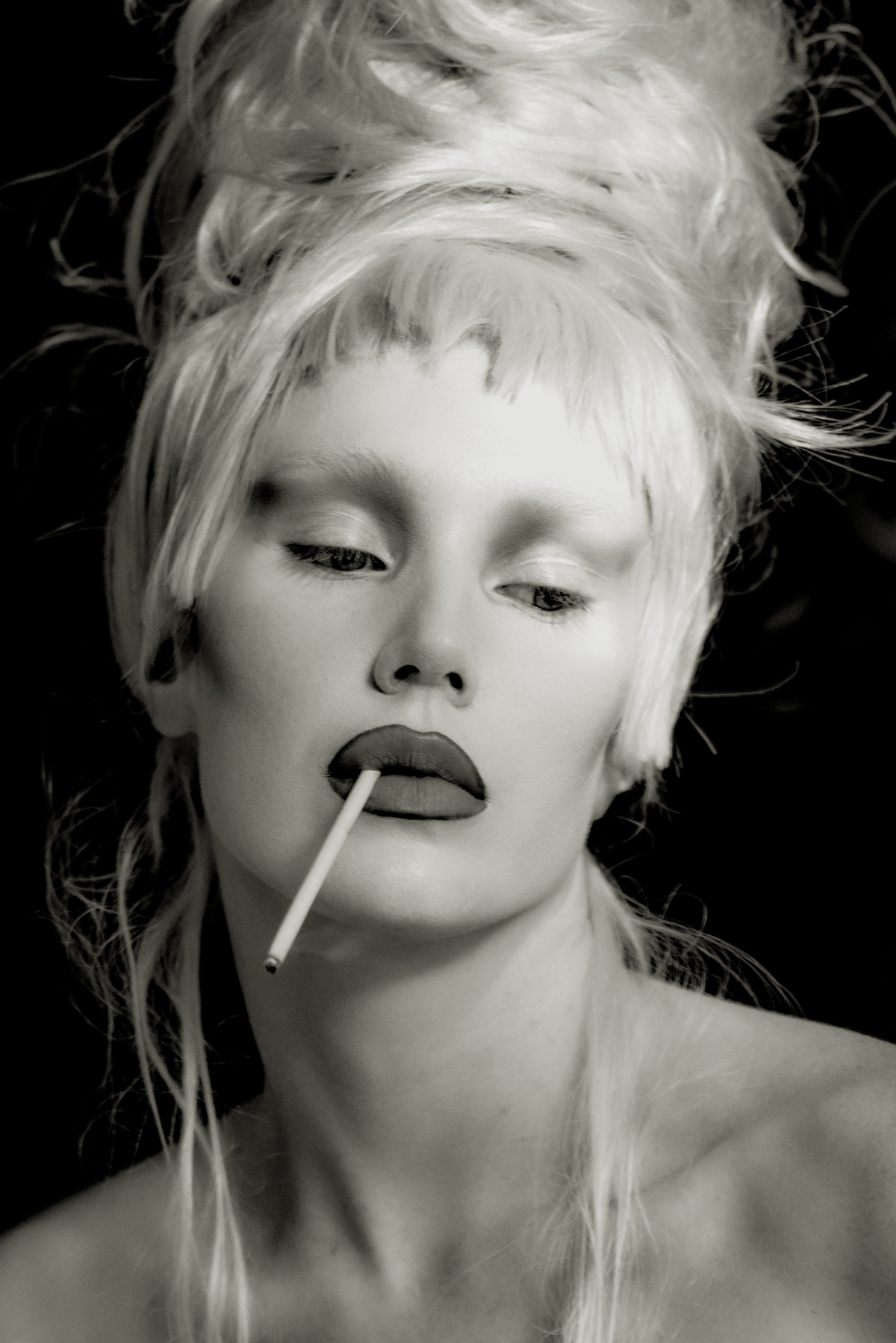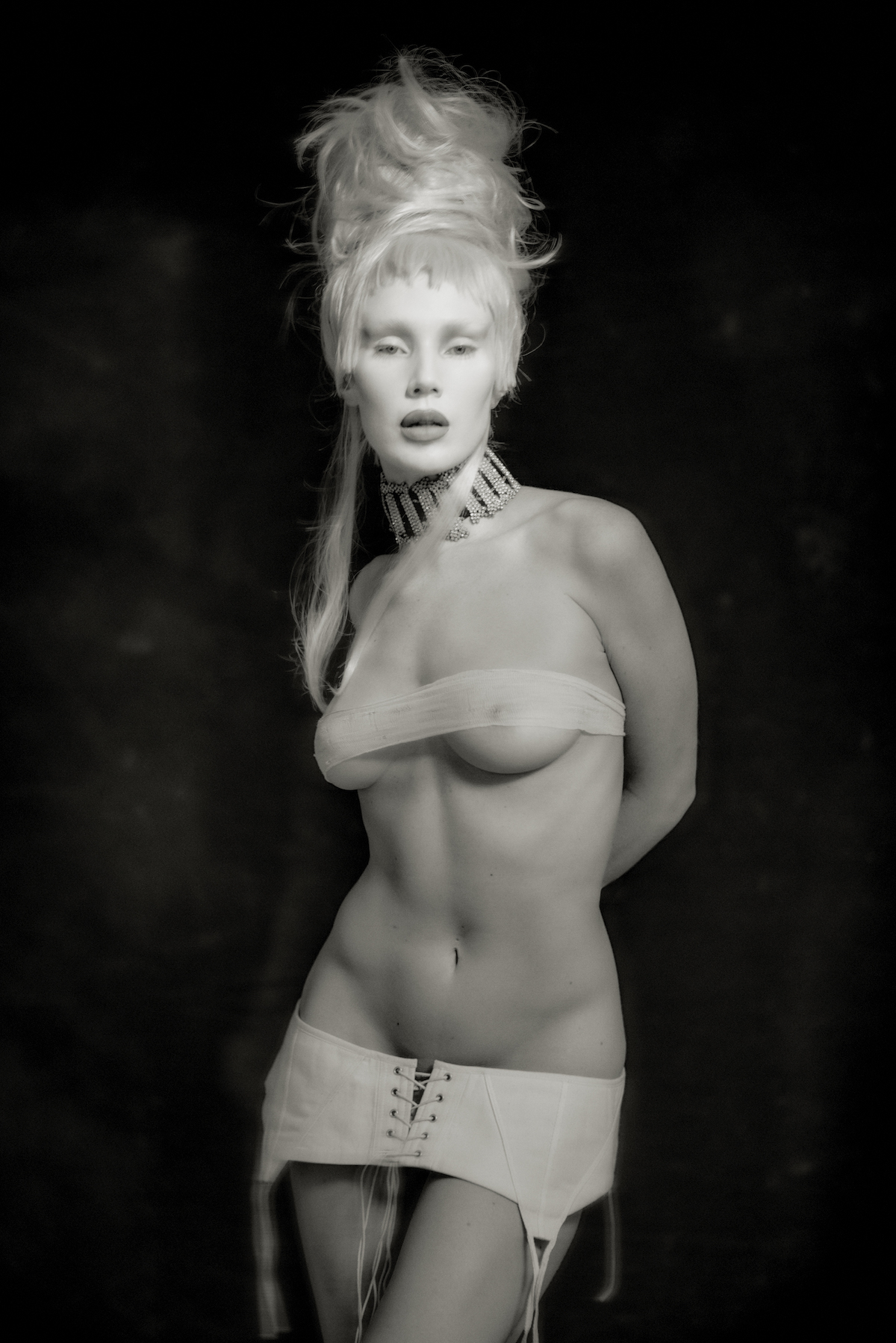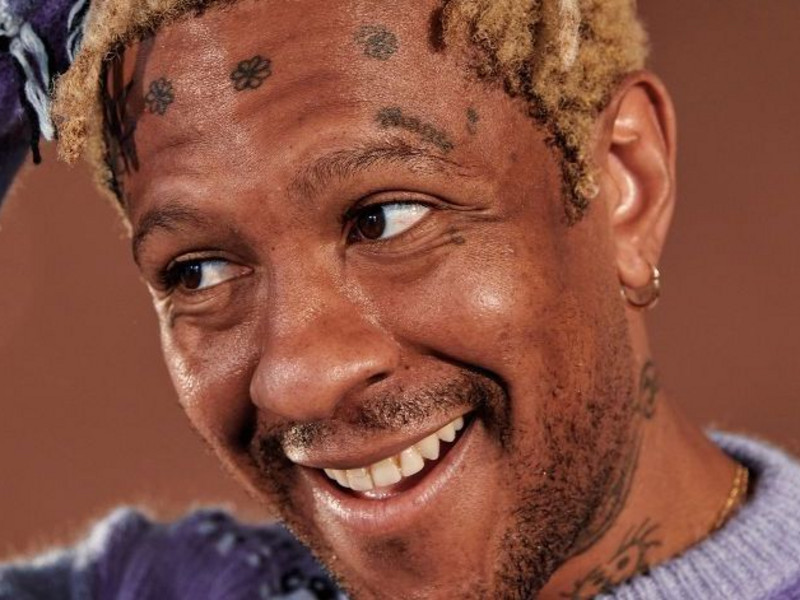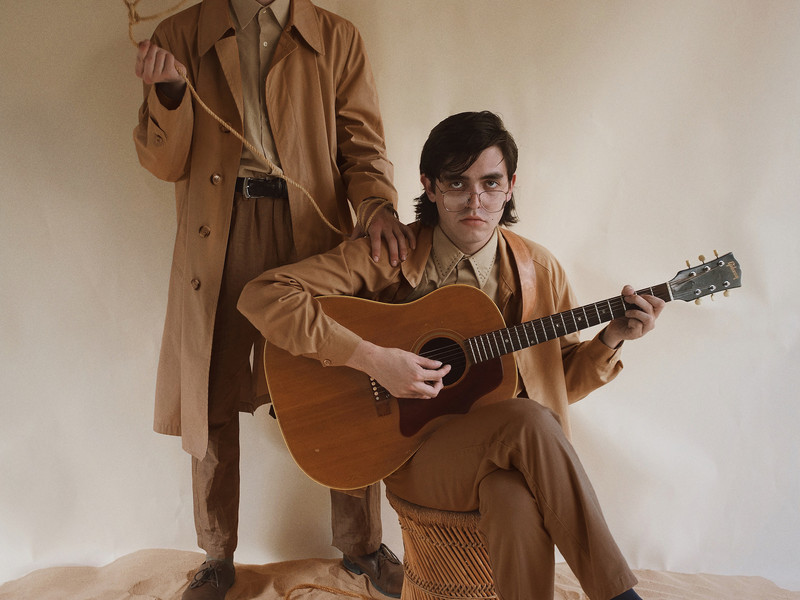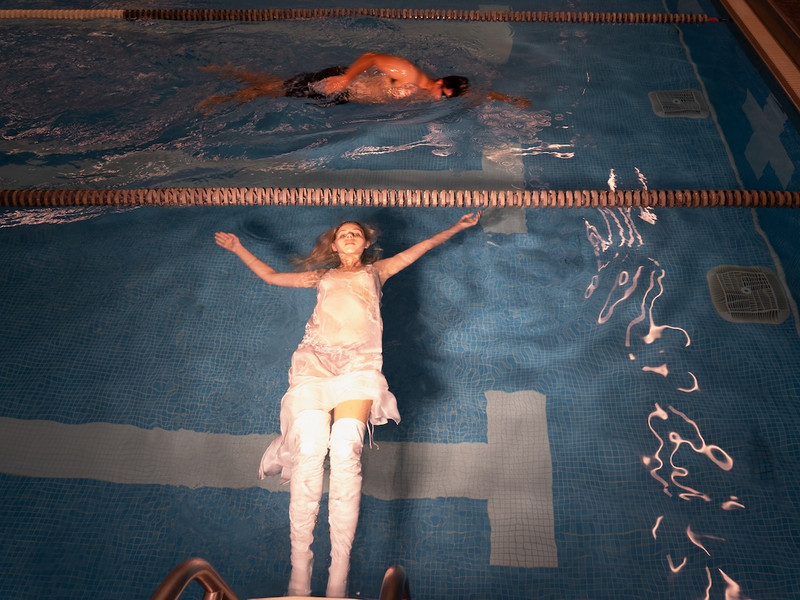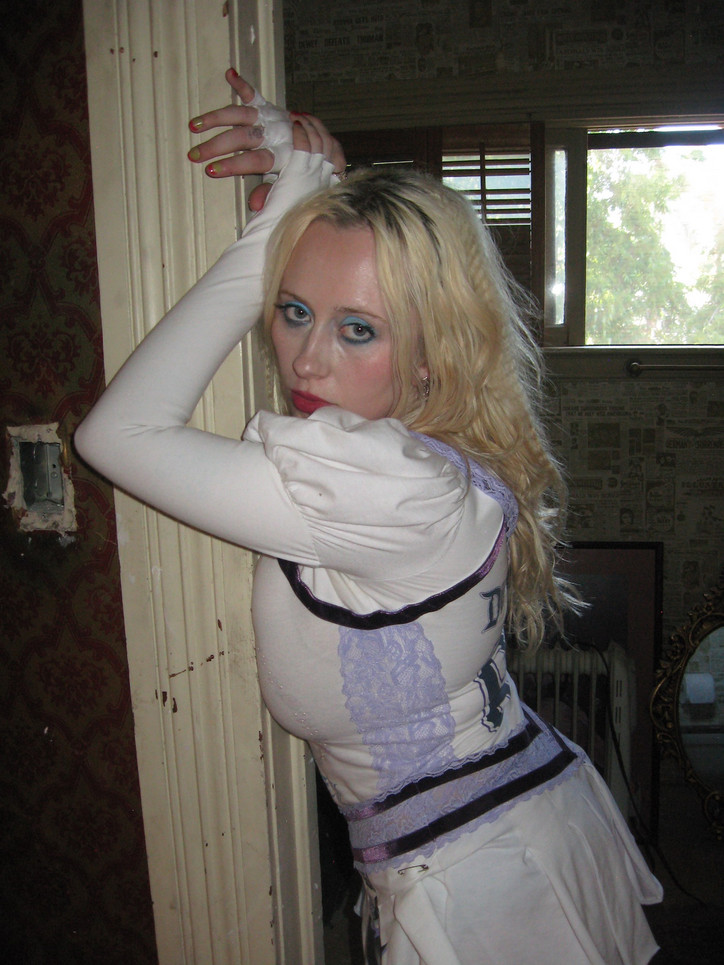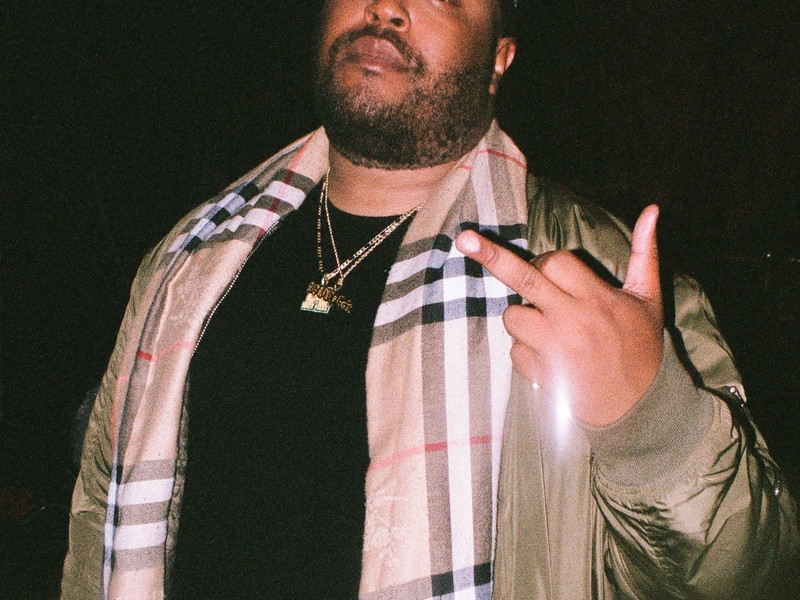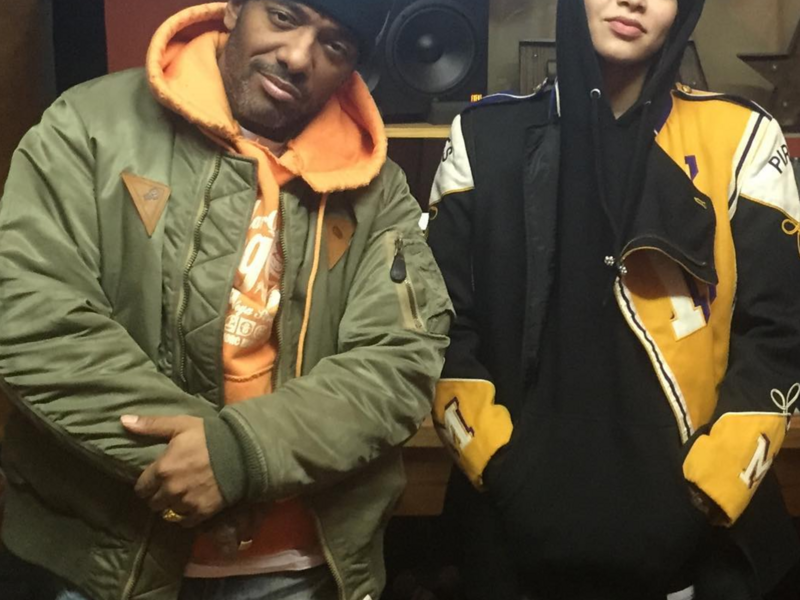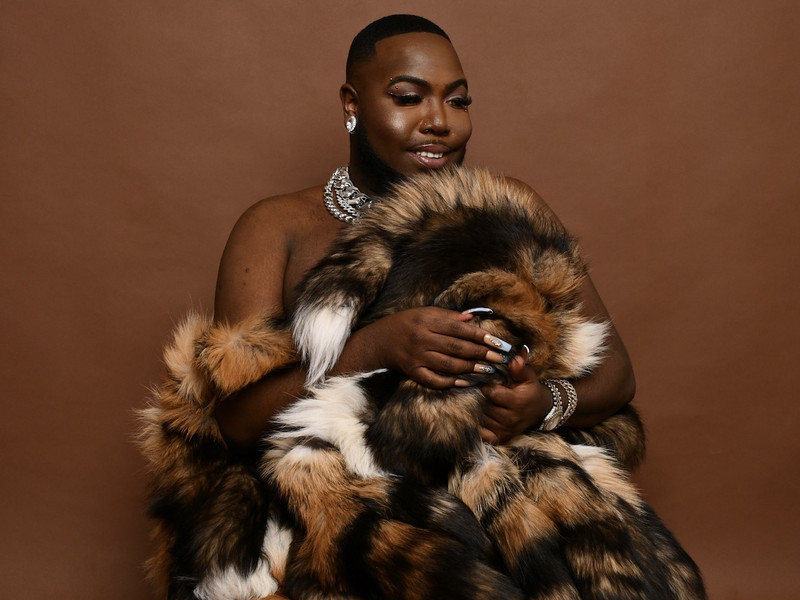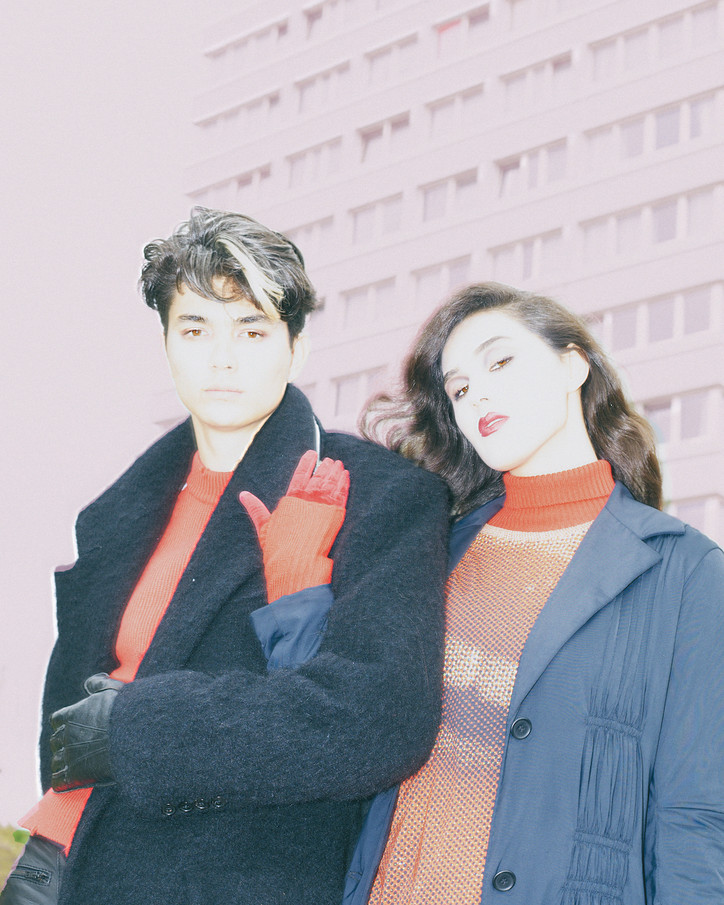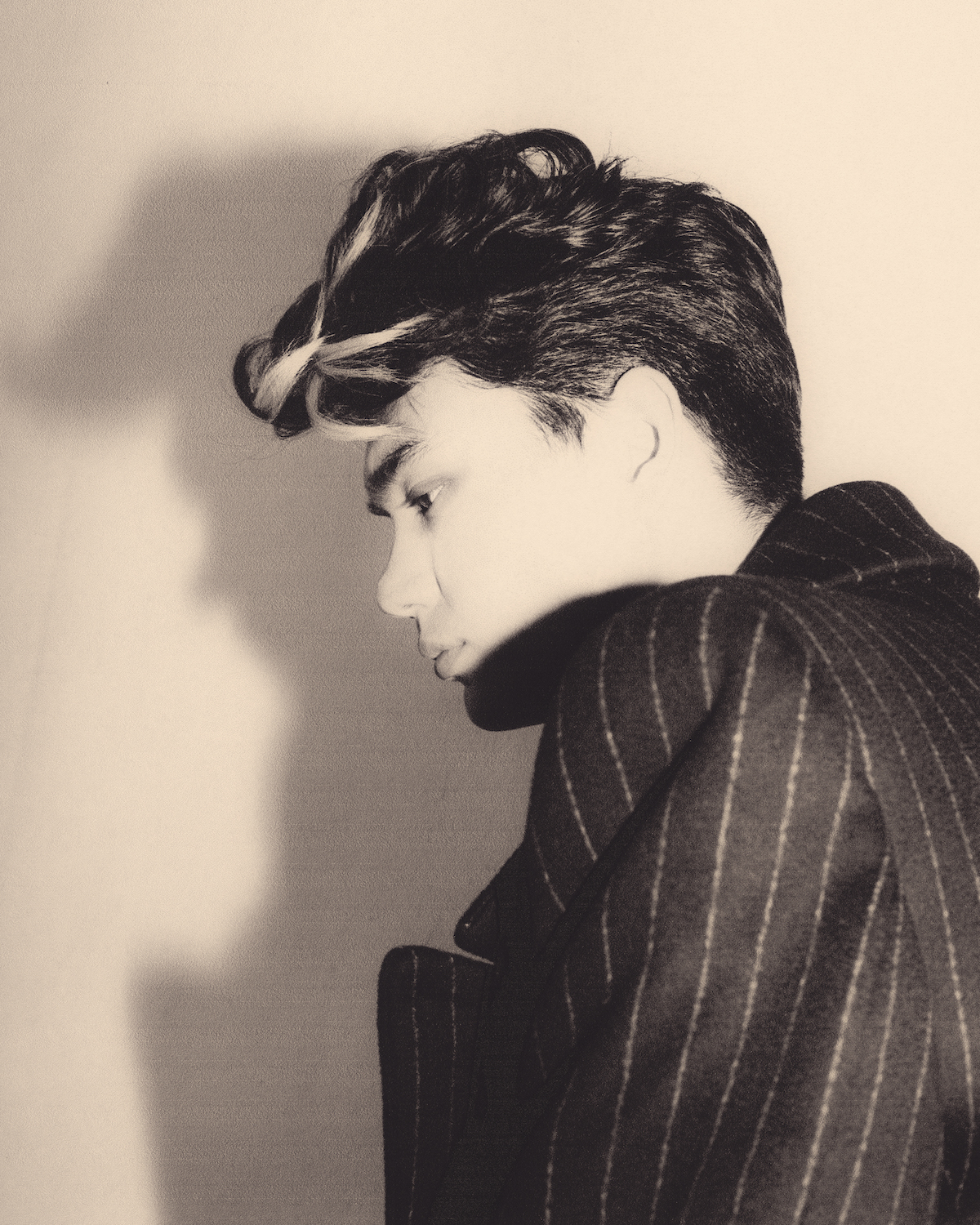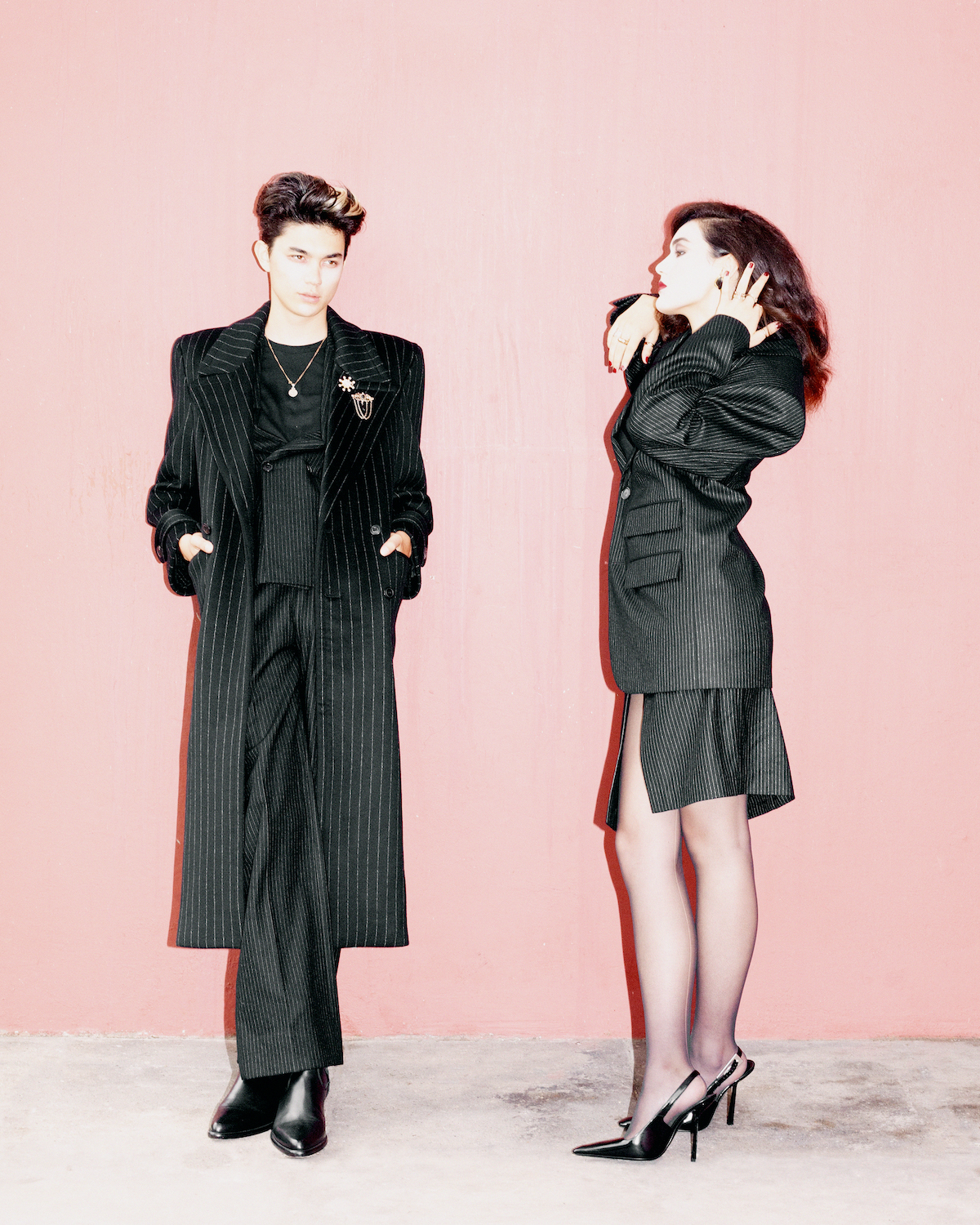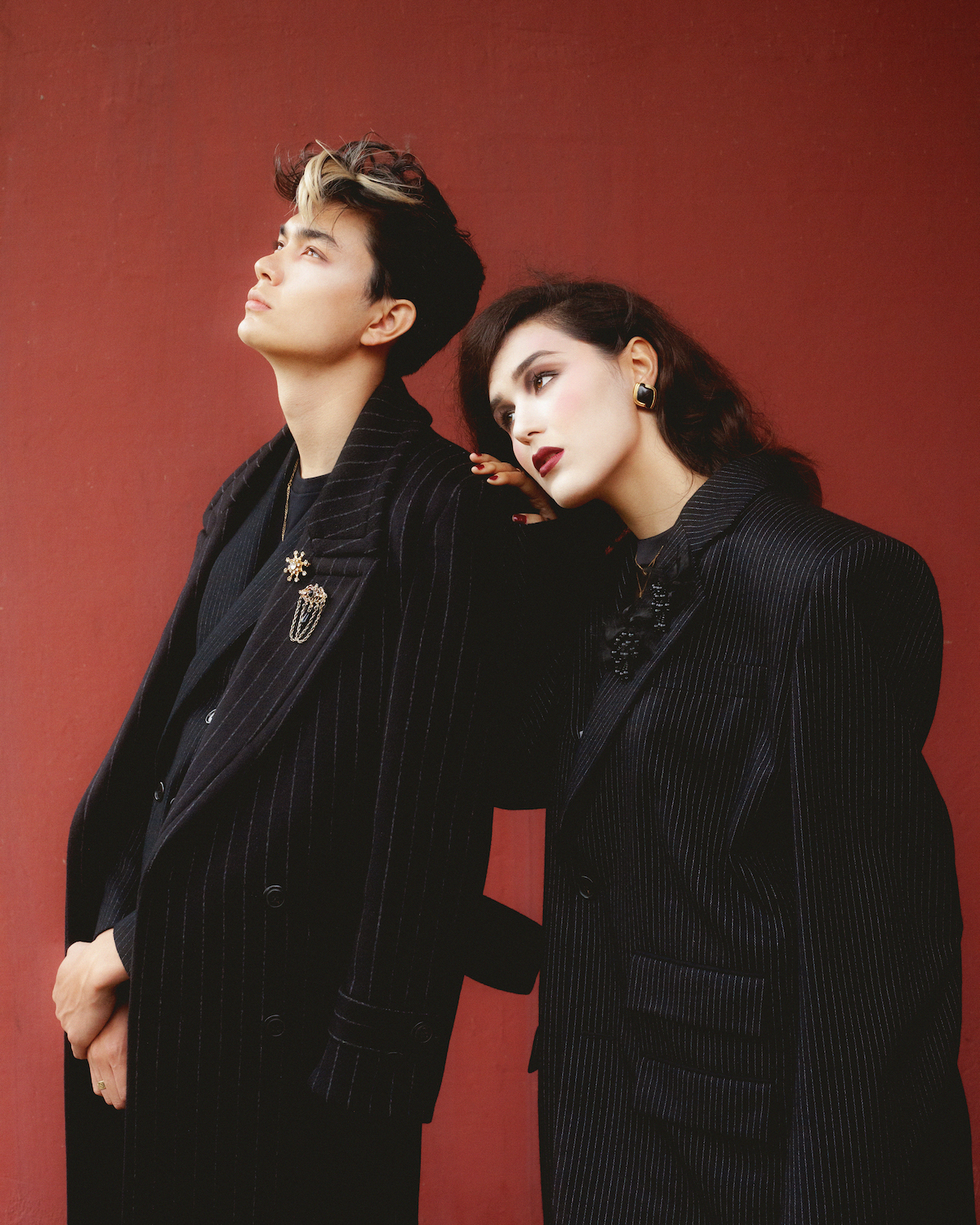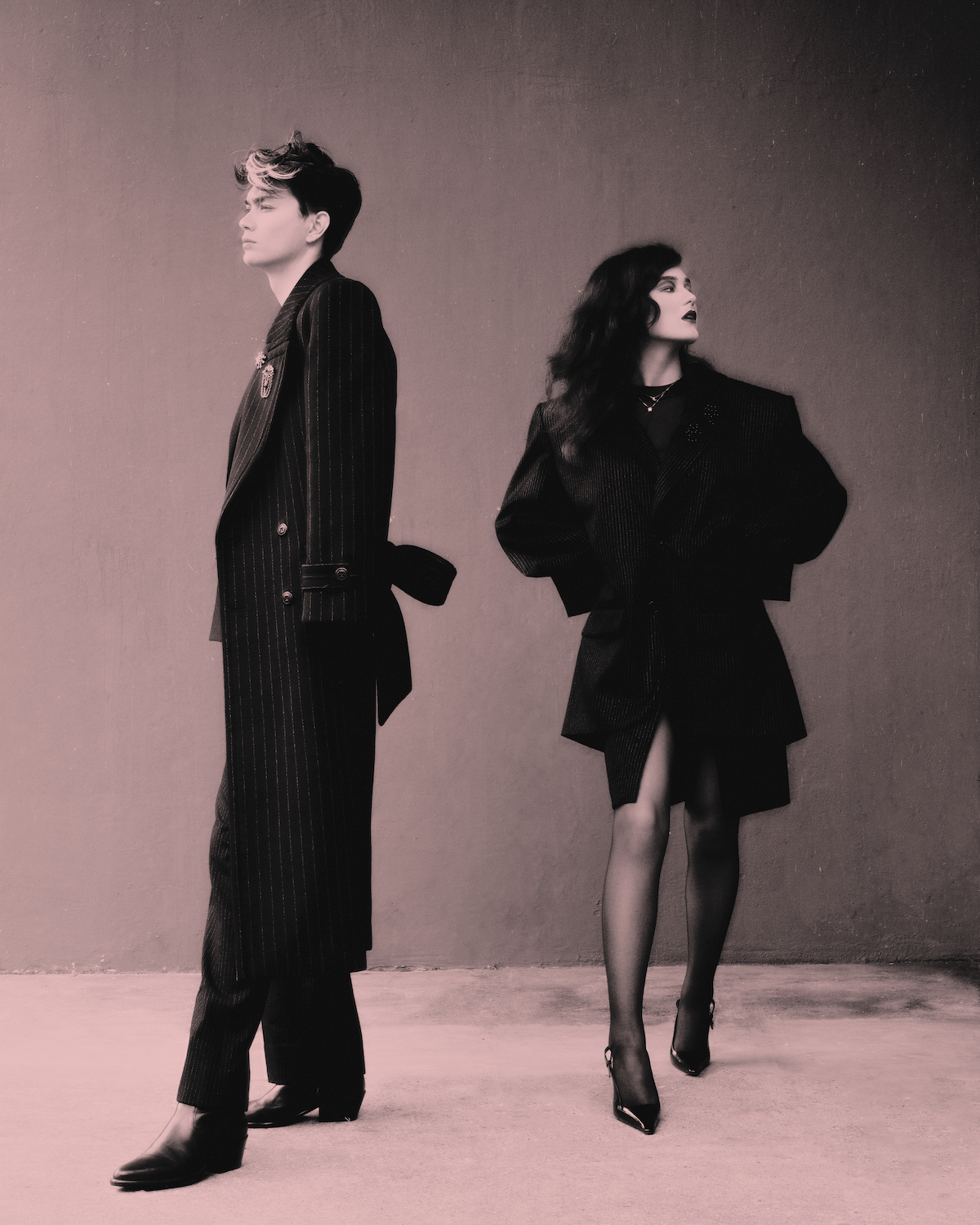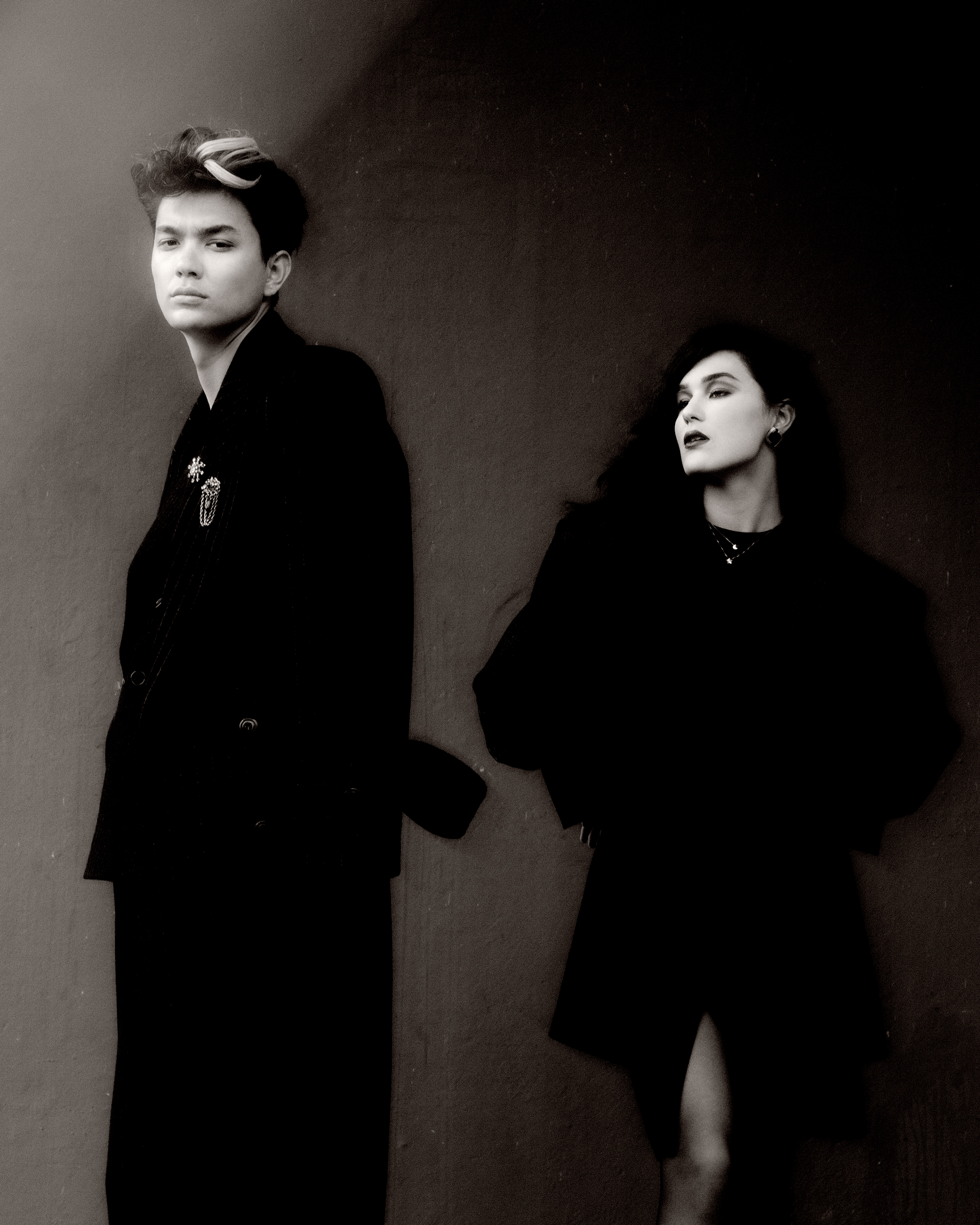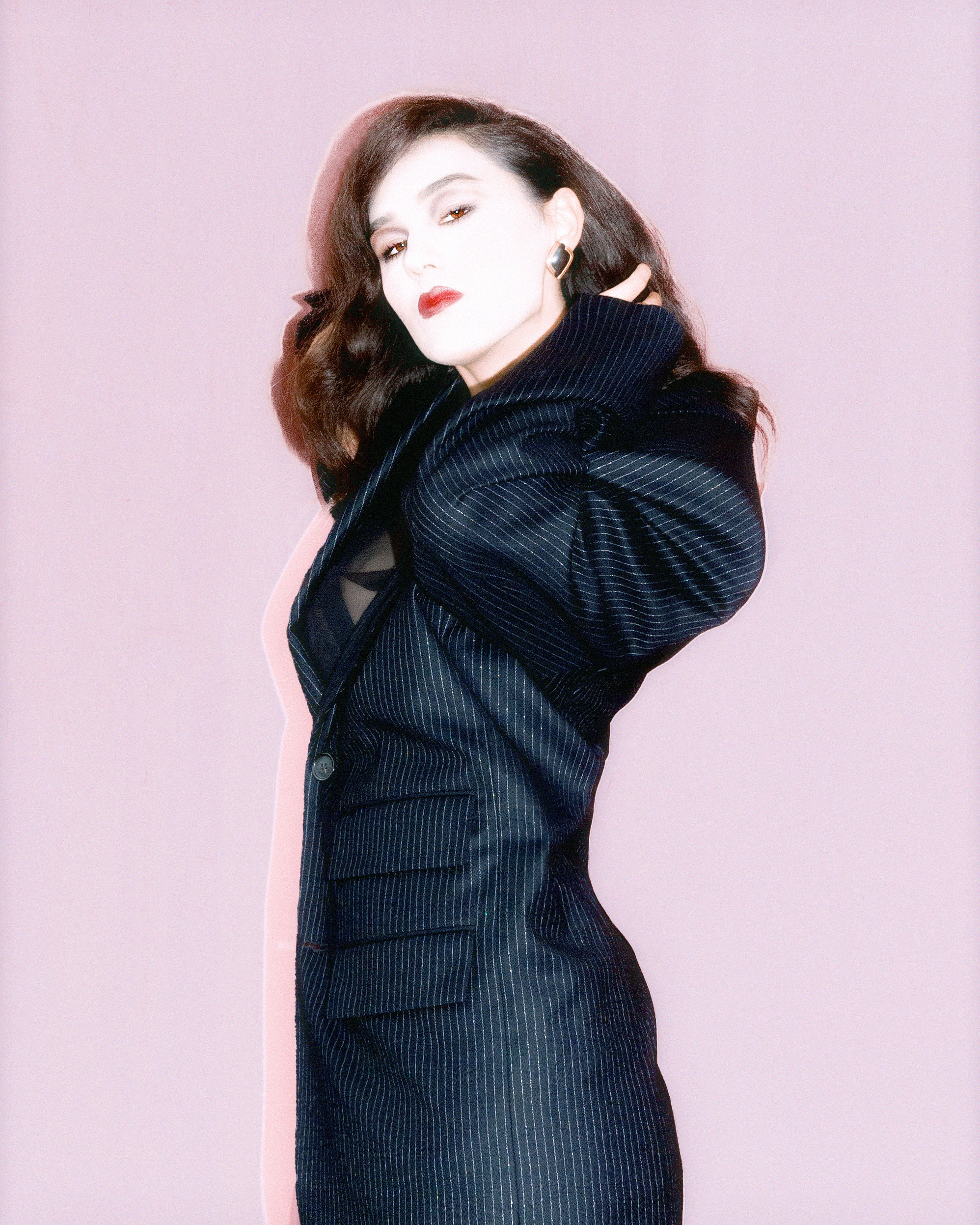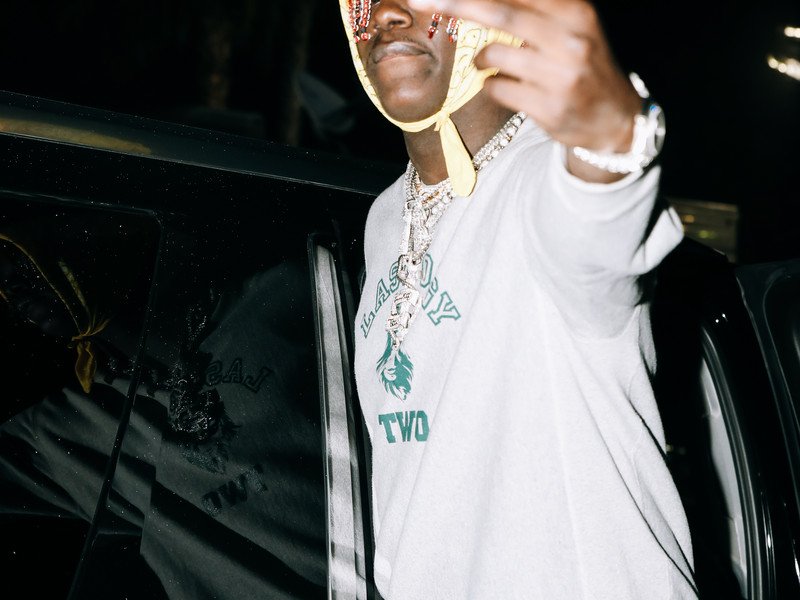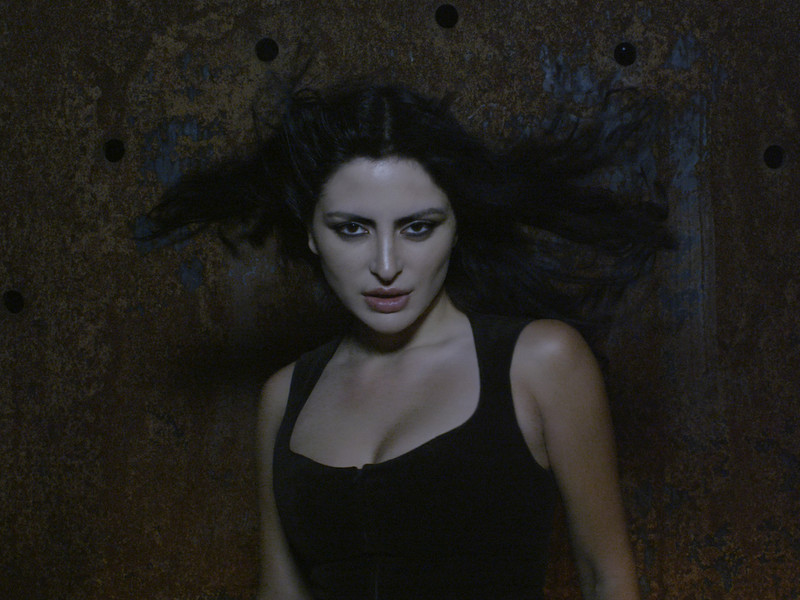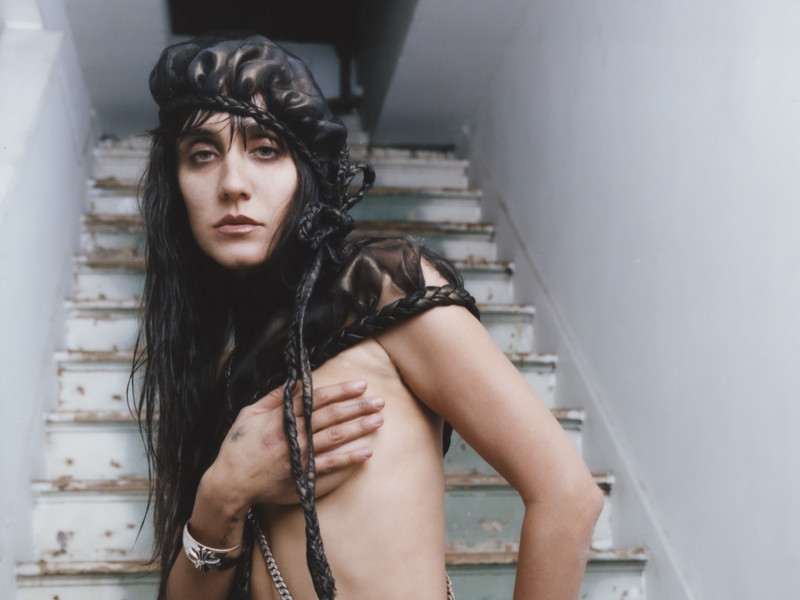Sam has always been the main character. At age 18, she left her home in Australia and relocated to Paris to pursue a career as a professional cabaret dancer. Drawn to the dramatic and the extra, she eventually found the underground ballroom scene and began walking at balls. Now, she’s preparing to take over the world with her dystopian club bangers. We met up with Sam to learn more about the themes within her forthcoming album and her journey to stardom.
You have a new record coming out, congrats.
Yeah, I’ve put out singles. It’s a pretty new project, I think my first single was [released in] June 2021. So, it’s kind of been building up to this. It’s my first record. I’m super excited.
Tell me a little bit about Blonde Venus.
I wrote [Blonde Venus] with my partner Marlon Magni from La Femme during confinement, so we were obviously trapped indoors. This album feels very much like a party at the end of the world. It’s a bit trashy, a bit Eurodance, and very hyper-feminine. Which is why in all of my visuals, I play an exaggerated, superhero woman. It’s my alter ego. Blonde Venus is the very confident alter ego version of myself — all of the songs are about being a bad bitch and forgetting everything on the dance floor amongst all of the chaos in the world.
Do you feel that writing Blonde Venus was an escape from reality? Or is this record more of a reflection of the feelings you had during lockdown?
I would say both? I mean, the end of the world vibe on the record was definitely influenced by COVID, but then there are also my own experiences from life mixed in there as well. I’ve spent so much of my life in nightlife. For me, it’s the place to go to forget everything. During COVID when social interactions were closed off, I was imagining a place that everyone could go to listen to this type of music and be together.
Would you say there is one through-theme throughout the record? Your singles like “Yum” and “Watch Me Now” sound so different from each other.
It’s a reflection of me, and there are lots of characters and separate storylines, but there is still an underlying theme of trying to not give a fuck.
Some of your lyrics seem to stem from personal experiences, whereas others are more of a fantasy storyline, which to me, feels very reminiscent of dance and drag show choreography. Would you say that your involvement with the ballroom scene influences your writing process?
I definitely gained so much confidence from ballroom because it really is all about being that bitch and being fabulous. You have to believe in yourself, and that has definitely rubbed off on me when it comes to storytelling. It’s weird because I always refer to myself as “her” like it’s another person. If I’m editing a video, I’m like “Oh can you put that girl in there?” but it’s all me! I have lots of alter egos, and I think of them as other characters. For example, the storyline for my song “Klepto” is about a kleptomaniac and I’m not a kleptomaniac, but I can imagine that she is covered in jewels and is obsessed with all of this shit she doesn’t need. She just wants more, more, more.
It’s so interesting that you see the characters you represent in your music as somebody that isn’t you. I’m sure there is some part of your subconscious that relates to what your character in “Klepto” wants.
Oh yeah. I just love the over-the-top and the dramatic. I love the old school 90s trashy pop star, the type of artists who really entertain on stage. My live shows are so extra, oh my god. There’s some people who see me and are uncomfortable and think it isn’t feminism, but that’s okay, because even if they feel uncomfortable, I’m making them feel something. I love my live shows so much, I get so much pleasure from them. I feel like the visuals and energy of my live performances complete [the music].
